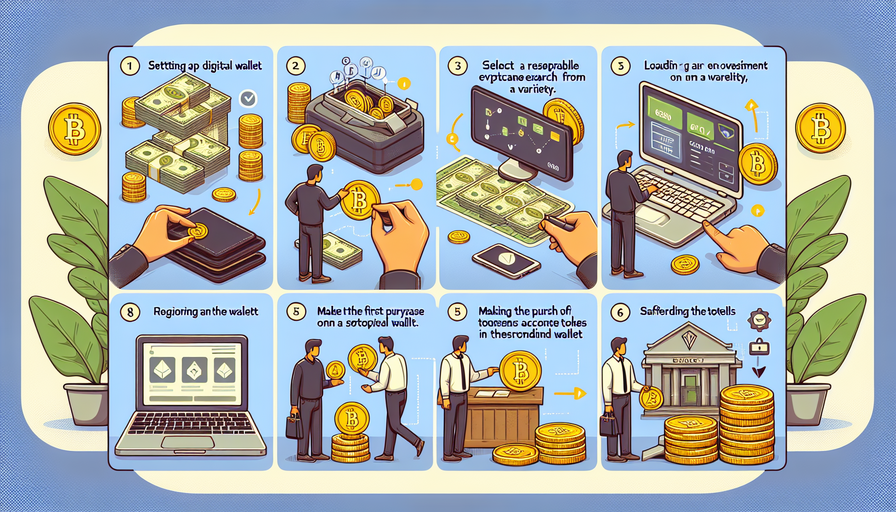Opening a bank account is an important step towards financial stability and independence. Whether you’re a student, young professional, or anyone looking to manage their finances better, having a bank account offers numerous benefits such as secure storage of money, convenient payment options, and access to various financial products.
1. Decide the Type of Account You Need
The first step in opening a bank account is to determine the type of account that best suits your needs. Common types of accounts include savings accounts, checking accounts, or specialized accounts like joint accounts or business accounts.
2. Choose the Right Bank
Research different banks and compare their offerings such as fees, interest rates, minimum balance requirements, and additional services like online banking or mobile apps. Consider factors like proximity to ATMs or branches for convenience.
3. Gather Required Documents
Before heading to the bank to open an account, make sure you have all the necessary documents with you. This usually includes identification documents (such as passport or driver’s license), proof of address (utility bill or rental agreement), and tax identification number (SSN or ITIN).
4. Visit the Nearest Branch
Once you have selected the bank and gathered all required documents, visit the nearest branch during their operating hours. You can also check if the bank allows online account opening through their website.
5. Speak with a Bank Representative
Upon arriving at the bank, inform one of the representatives that you are interested in opening a new account. They will guide you through the process and help choose the right type of account based on your needs.
6. Fill Out Account Opening Forms
The representative will provide you with an application form which you need to fill out accurately. Make sure to double-check all information before submitting it along with your identification documents.
7. Deposit Initial Funds (If Required)
Depending on the type of account you are opening, some banks may require an initial deposit to activate the account. This amount varies from bank to bank so make sure you have enough funds ready.
8. Set Up Online Banking (Optional)
Many banks offer online banking services which allow you to manage your account conveniently from anywhere. If interested, ask about setting up online banking during your visit to the branch.
9. Activate Your Debit/Credit Card (If Provided)
If your new account comes with a debit card or credit card, follow instructions provided by your bank on how to activate it securely before using it for transactions.
By following these steps diligently and choosing a reliable banking partner that meets your requirements, opening a new **bankaccount can be a smooth and hassle-free process leading towards better financial management and growth.


